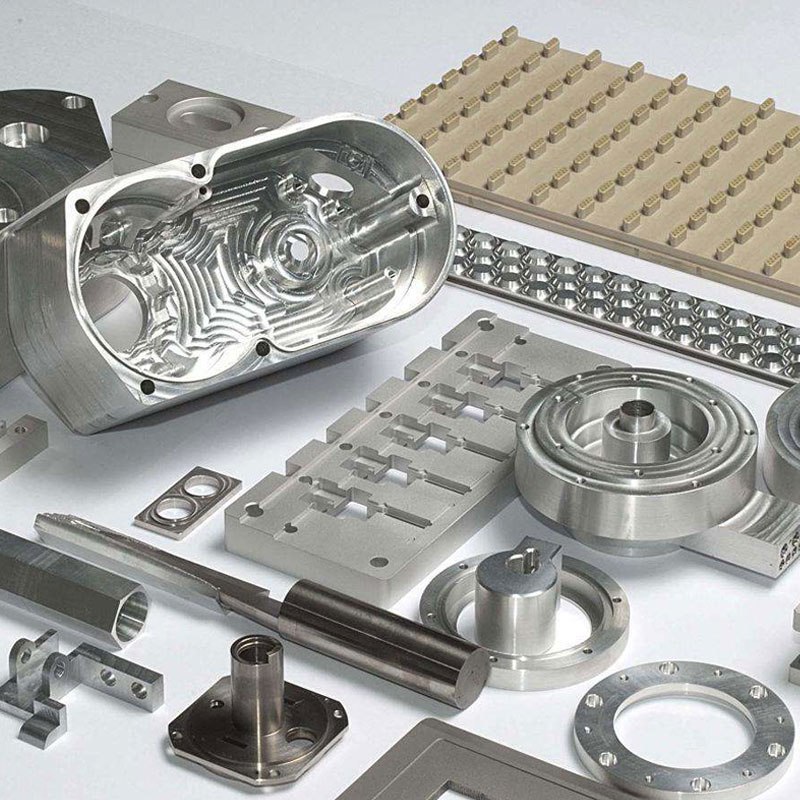Titanium nitriding treatment, carburizing and boronizing treatment, etc., all belong to the treatment method of diffusion film formation. In addition, the anodic oxidation and thermal oxidation film corrosion resistance layers can sometimes be considered as coatings, but strictly speaking, they should be classified as surface conversion film technology, rather than coating technology.
Titanium and titanium alloys generally have excellent corrosion resistance. In oxidizing and neutral media, the corrosion resistance of titanium can well show the meter; but in acidic reducing media, such as hydrofluoric acid, the corrosion resistance of titanium is poor. Like ordinary passive metals, titanium alloys have a tendency to crevice corrosion. In addition, during the corrosion process of titanium, hydrogen absorption is often accompanied by hydrogen-induced brittle fracture, so the application of titanium alloys in the chemical industry is also subject to certain restrictions.
has studied some methods to improve the corrosion resistance of recognized alloys. The development of corrosion-resistant drill alloys, such as Ti-0.2N, Ti-32Mo, T1-0.3Mo-0.8Ni, and titanium alloys that also contain tantalum and nickel, can improve the corrosion resistance of titanium alloys in reducing dielectric towels and resist crevices The ability to corrode; adding an oxidant to the corrosive medium is also a method to achieve the purpose of improving the corrosion resistance of the titanium alloy; anodizing the titanium alloy to make it in a passivated state is also quite common in engineering. Like the protection of steel, the use of protective coatings is also a method to improve the performance of titanium corrosion-resistant parts.
Titanium alloy corrosion-resistant coatings mainly include: PdO-Ti02 coating, Ru02-Ti02 coating, etc.

What’s your reaction?
Love0
Sad0
Happy0
Sleepy0
Angry0
Dead0
Wink0









